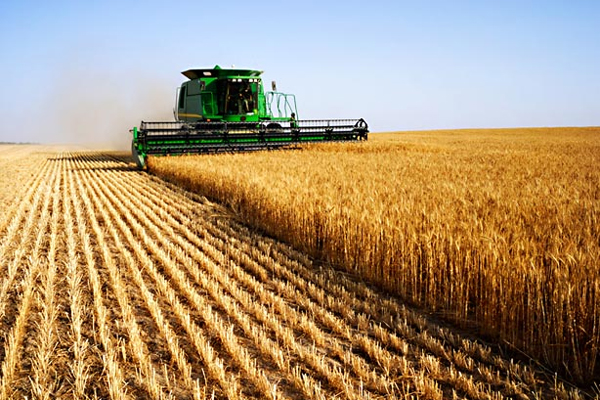



|
Tweet
Pin
It
|
Students who wish to pursue a career in Agricultural Engineering should possess a strong foundation in Physics, Chemistry and Mathematics. To become a qualified agricultural engineer one should have a Bachelors degree (B.E/ B.Tech.) or a Masters degree (M.E/M.Tech.) in Agricultural Engineering or at least a diploma in Agricultural Engineering with a minimum of 3 to 4 years experience in field of landscaping, plantation of vegetables, fruits etc.
Educational Qualification & Selection : The basic eligibility criteria for BE/ B.Tech in Agricultural Engineering is 10+2 or equivalent with Physics, Chemistry, Mathematics and preferably Biology. Duration of bachelors course in agricultural engineering is 4 years. Besides the required educational qualification, the candidates have to appear for the entrance examination conducted at the State level, National level or University level. Indian Council of Agricultural Research (ICAR), New Delhi conducts an All India Examination for admission to Agricultural colleges for B.Tech. courses all over the country. All India Engineering Entrance Examination (AIEEE), Joint Entrance Examination (JEE) conducted by IIT are the other two entrance which are accepted by various institutes. Apart from these, each State/ institute may conduct their own entrance examination, and some among them are State Entrance Examination conducted by Uttar Pradesh Technical University (SEE UPTU), EAMCET by Andhra Pradesh, KCET by Karnataka etc.
M.E/ M.Tech courses are of 2 years duration and most institutes admit candidates to these programmes through Graduate Aptitude Test in Engineering (GATE). B.E/ B.Tech in Agriculture/ Horticulture or its equivalent is the minimum qualification. Some institutes conducted their own Entrance examination for the post graduate programmes. Candidates with master's degree can go for the 3 years Ph.D. course.
Post graduate degree and diploma courses in agriculture are also offered by various institutes which is usually of 2 years duration. Eligibility for diploma courses in agricultural engineering is 10+2 and these courses can be done through polytechnics. The Indian Institute of Management (Ahmedabad) offers Postgraduate Diploma in Agribusiness Management (earlier known as Specialisation Package in Agriculture). A number of agricultural universities have now introduced management courses in agriculture and related subjects.
Course Areas : Bachelors course in agricultural engineering covers the areas like basic physical engineering, agriculture sciences, soil conservation, drainage method, irrigation practices, firm machinery, dairy engineering etc. Specialization in crop process engineering, farm machinery and power, soil and water conservation, etc are some of the course areas at the post graduate level.
Personal Skill :
The major task of an agricultural engineer is the enhancement of agricultural
production and for that they should be familiar with product engineering,
equipment research and designing. They should possess practicality, organizing
skills, communication skills, precision, understanding power and capacity
to toil. Other desired attributes are logical thinking, ability to deal
with people diplomatically, patience, ability to keep calm under pressure
and in inevitable crises, creativity, flexibility to understand and apply
new technologies. Ability to conceptualize forms or structure, and draw
sketches will be an added advantage. Besides all these, agricultural engineers
require a good intellect and must have a desire to make a difference to
the future of farming.
Find it Useful ? Help Others by Sharing Online
Comments and Discussions |
Related
Career Options
|
|||
|
|